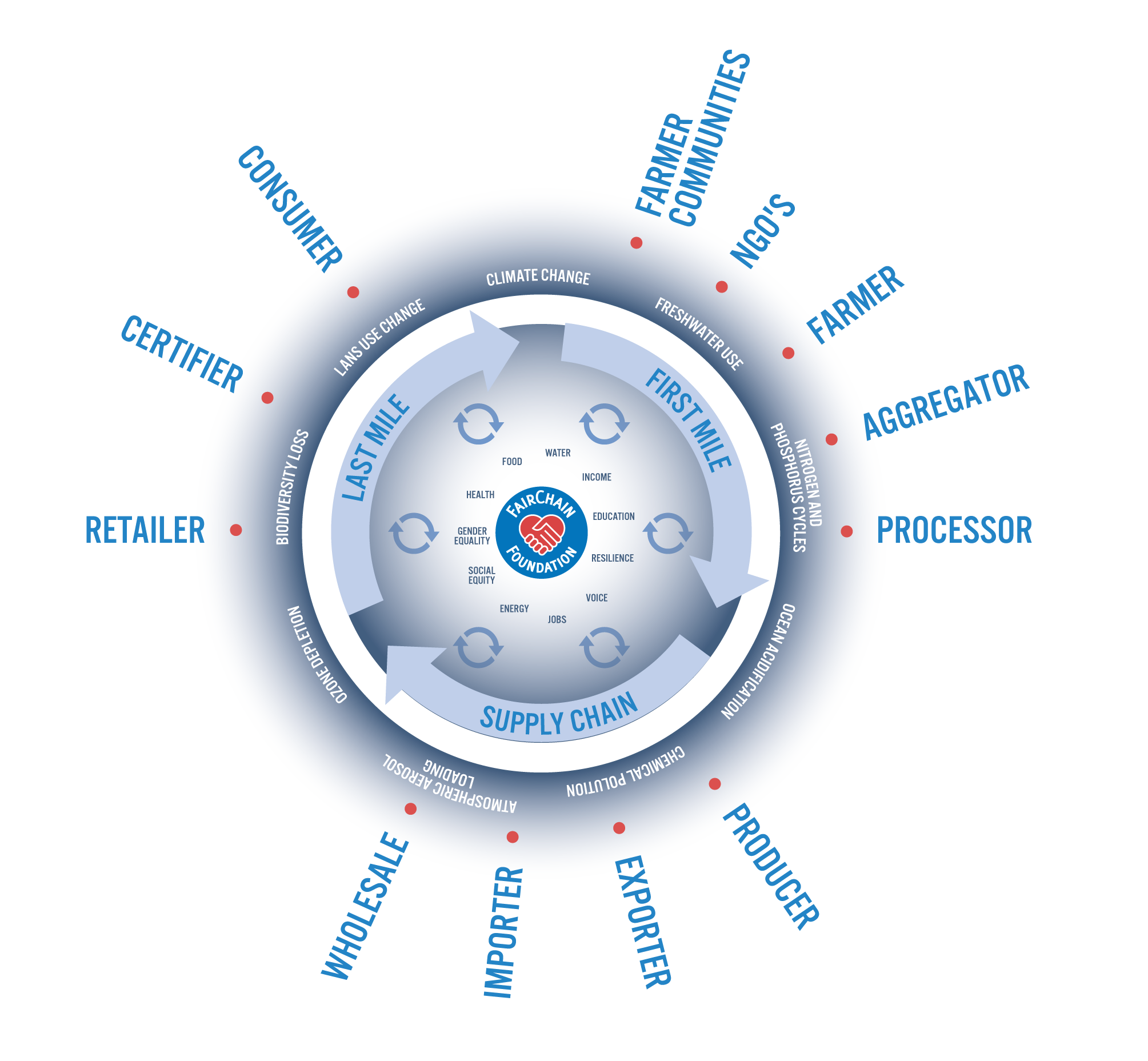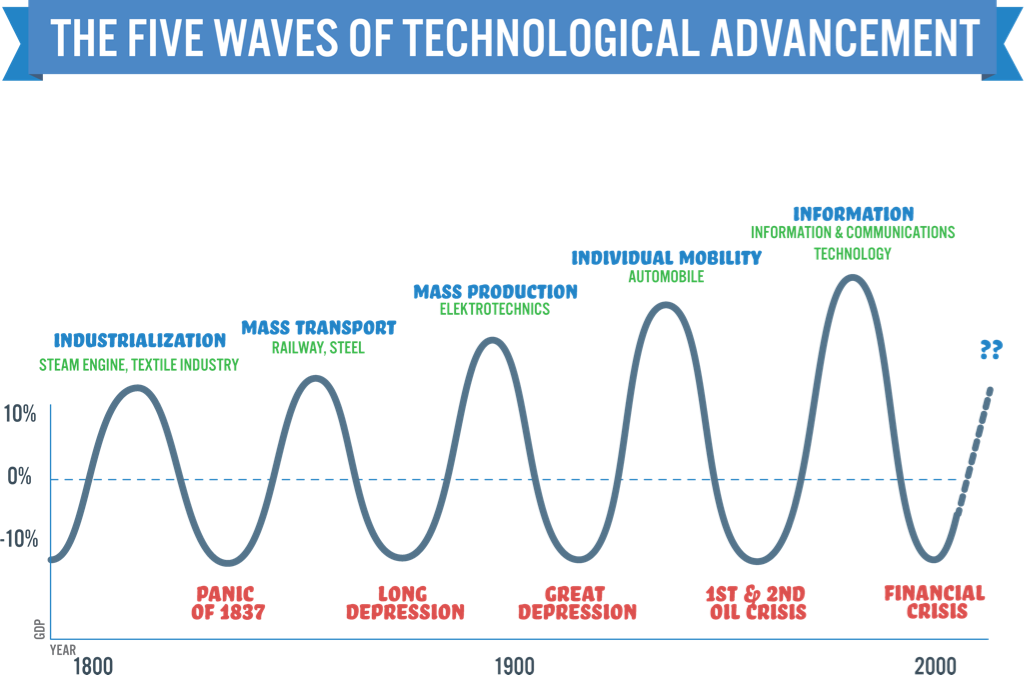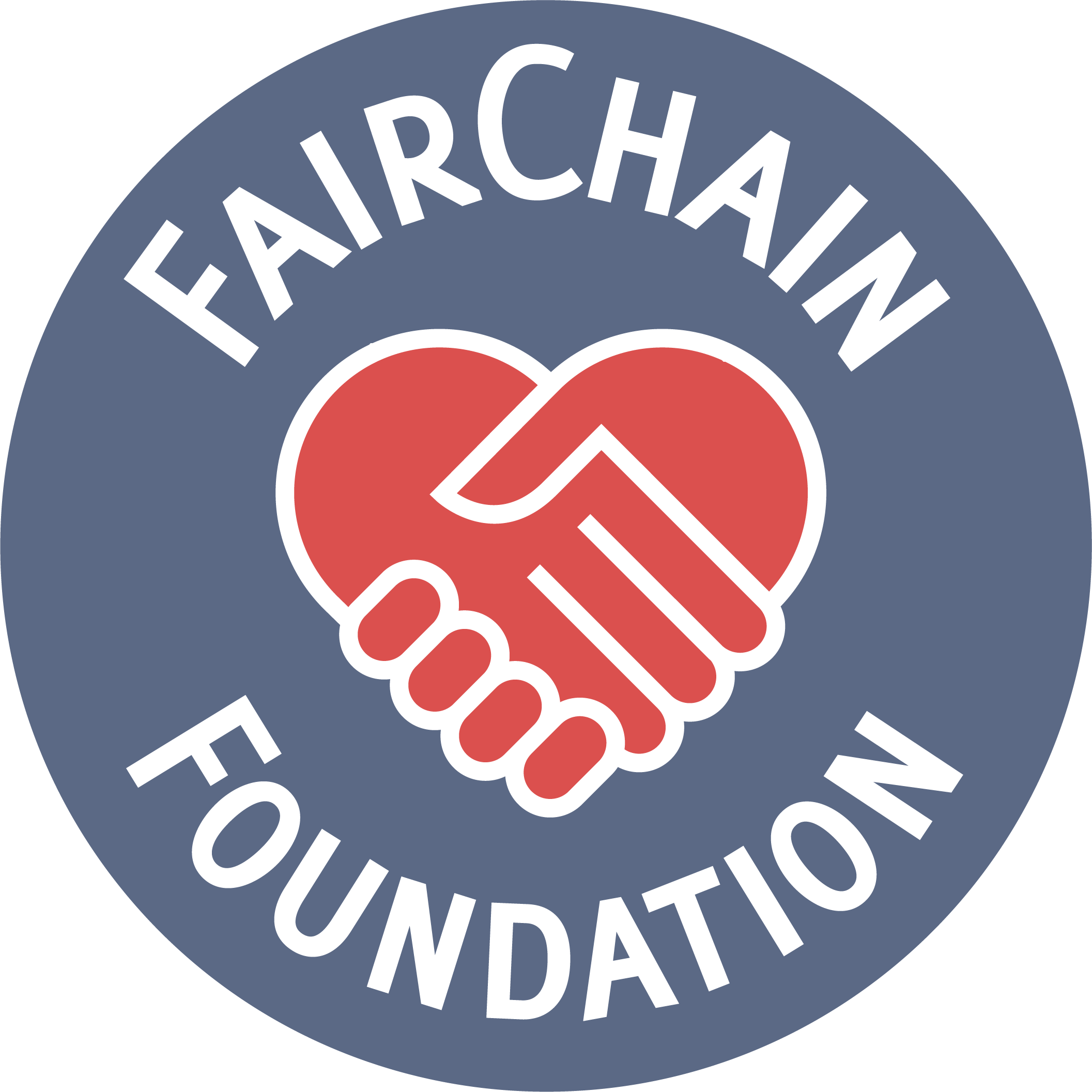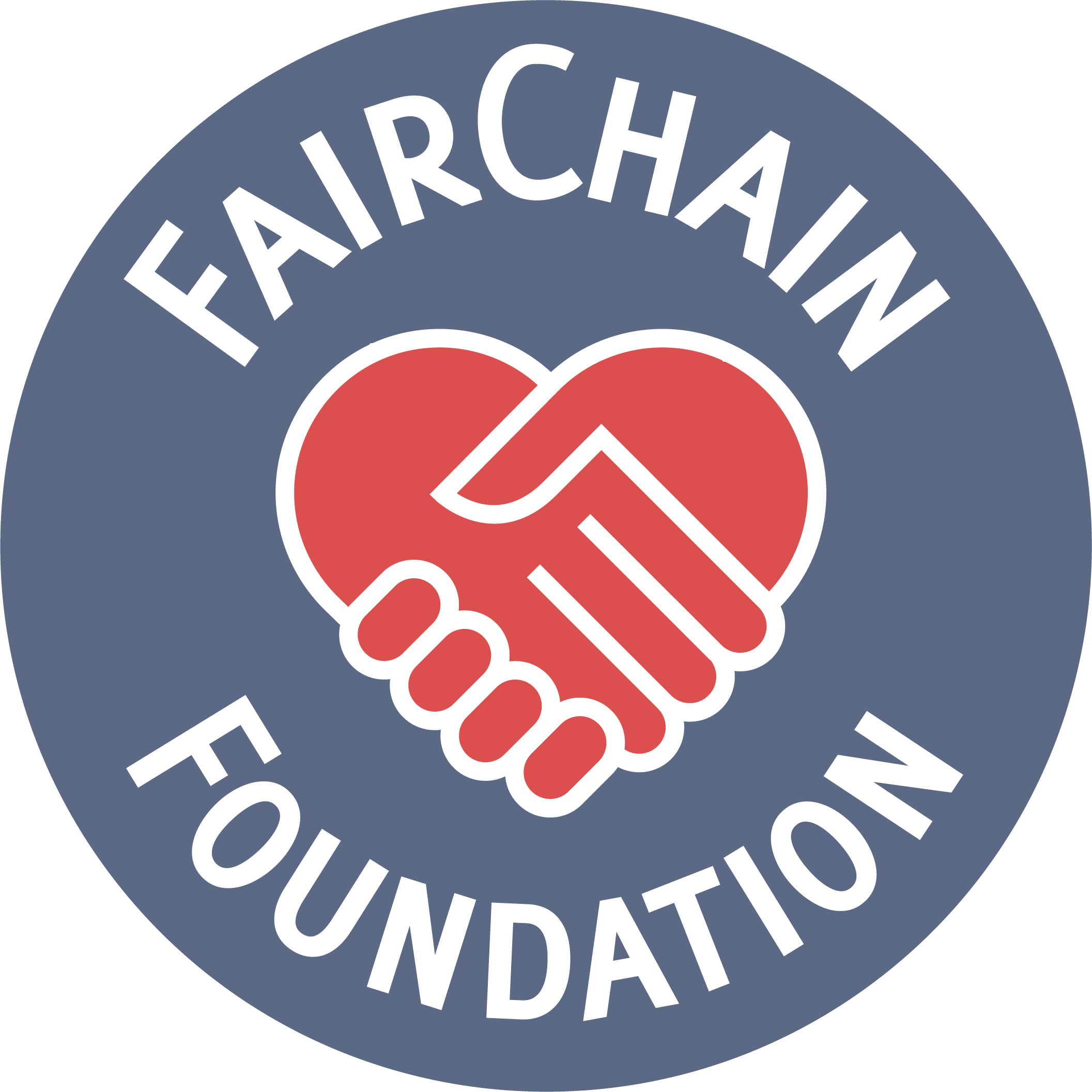THE SOLUTION
The team behind FairChain is a group of likeminded individuals who are all working towards that one goal. To make development aid redundant because all value is distributed fairly across the global supply chain.
Disruption
The rise of new (transparent) technologies, open-minded companies and vocal global consumers has created a powerful recipe for change. The stars are aligned, so to say, to bring an end to unfair trade and introduce inclusive business models that actively create shared value and at least make an honest attempt to solve today’s economic, social and ecological problems.
FairChain functions as a disruptor. FairChain envisions the future of business not as purposeless corporations, but as purposeful and social enterprises. Enterprises that share the value they create with all participants and stakeholders in their value chain and play their role in combating global poverty and managing our planet.


The 21st century demands a new set of instructions:
“We stand little chance of writing a new economic story that is fit for our times if we keep falling back on last century’s economic storybooks.”

A NEW PARADIGM
Amazing new technologies in the age of sustainable development
One of the key insights from the Addis Ababa Action Agreement and the 2030 Agenda for Sustainable Development (2030 ASD) is that ICT has the potential to increase the rate of diffusion of a very wide range of technologies, applications and platforms across the economy.


TECHNOLOGY WAVES
Of course, each new wave of technology has provided a major impulse to global economic development. The Information Age, too, is responsible for spurring global economic growth for the past three decades. However, one can argue that ICT’s greatest gains have yet to be achieved. Information technology can and should usher in the Age of Sustainable Development, a sixth great wave of sustainable technologies that will make the SDGs’ goals possible.
OUR STORY
Want to know where we come from and where we are going? Read more and see what FairChain is all about.

